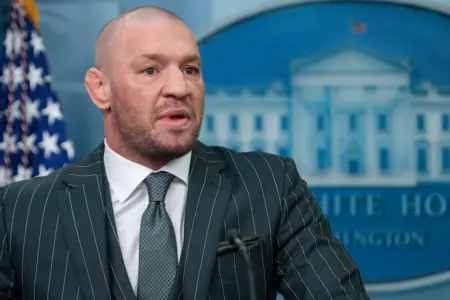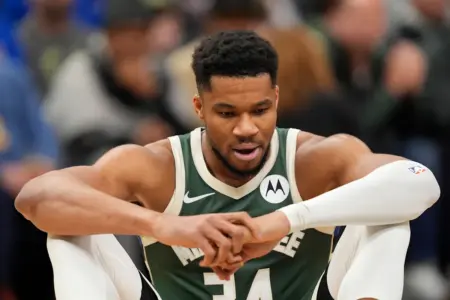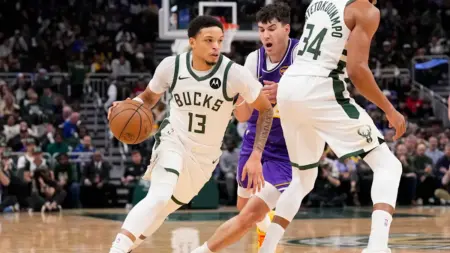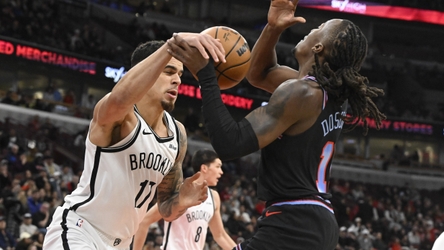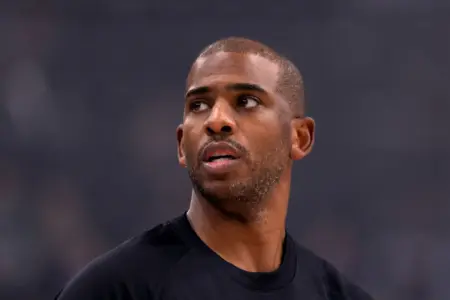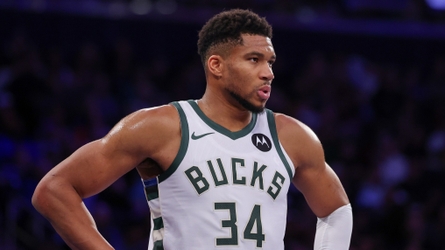The Shocking Trade that Redefined the Dallas Mavericks
When the Dallas Mavericks stunned the basketball world by trading Luka Dončić to the Los Angeles Lakers, it was a clear indication that the team had fundamentally changed its approach to business. Under the ownership of Mark Cuban, who retained a minority stake after selling a controlling share to the Adelson family for a team valuation of $3.5 billion, the Mavericks had built a reputation for loyalty and longevity. Dirk Nowitzki, the team’s beloved face, spent 21 seasons with the Mavericks, and many fans expected Dončić to follow a similar path. However, when the trade news broke, it was quickly confirmed that Cuban had no part in the decision. A month later, Cuban provided a full reaction to the trade in an interview with WFAA, expressing his deep dissatisfaction with the deal.
Cuban’s Reaction: A Blend of Disappointment and Reserve
Cuban’s initial response to the trade was, unsurprisingly, one of profound disappointment. He made it clear that while he was "of course" upset, his primary criticism was not the decision to trade Dončić but the compensation Dallas General Manager Nico Harrison received in return. Cuban argued that a better deal could have been struck, suggesting that if the Mavericks had received four unprotected first-round picks, Anthony Davis, and Max Christie, the conversation would have been markedly different. The actual return for Dončić was Davis, Christie, and a 2029 first-round pick from the Lakers. Cuban’s comments highlight the perceived inadequacy of the trade package, especially considering the enormous potential and value of Dončić at just 25 years old.
The Trade’s Immediate Impact and Fan Backlash
The trade’s immediate impact on the Mavericks was palpable. Anthony Davis, a star big man, has been sidelined with an injury since his debut with the team, while Max Christie has been a pleasant surprise, averaging 12.9 points per game. However, the absence of a key player like Davis and the injury to Kyrie Irving, who tore his ACL, have left the Mavericks struggling. The fans, already reeling from the surprise trade, found the team’s performance this season deeply disheartening. The trade went down with little to no warning, a strategy employed by Harrison to maintain secrecy and prevent a backlash that could have derailed the deal. This lack of transparency only added to the fans’ frustration and disappointment.
Comparing the Trade to Past Decisions
Cuban’s historical perspective on the trade added another layer of complexity. He drew a parallel to the departure of Steve Nash in 2004, when Nash left the Mavericks for the Phoenix Suns and subsequently won two MVP awards. Cuban noted that while losing a star player is always difficult, the Mavericks managed to reach the Finals and win a championship in the years following Nash’s departure. However, he acknowledged that the current situation is different due to the prevalence of social media and the heightened scrutiny it brings. Cuban emphasized the importance of communication in managing such significant changes, suggesting that the Mavericks’ current challenge lies in effectively explaining their decisions to the fans and the public.
The Long-Term Implications for the Mavericks
The trade’s long-term implications for the Mavericks are far from clear. The goal of the deal was to bring in veteran players who could help the team win in the short term, but the loss of Dončić, a player with immense potential and a bright future, has left the team in a precarious position. The season is already lost, and the Mavericks can only hope that Davis, Irving, and other key players are in prime form next season. The trade has raised questions about the team’s future strategy and whether it can rebuild and regain its former glory. Cuban’s comments highlight the need for a more transparent and communicative approach to such significant decisions, as the lack of it has only exacerbated the fans’ frustration.
Moving Forward: A New Chapter for the Mavericks
As the Mavericks navigate this new chapter, the importance of transparency and effective communication cannot be overstated. The team must work to rebuild trust with its fan base and clearly articulate its vision for the future. While the trade of Luka Dončić may have been a necessary move to secure immediate wins, the long-term success of the team will depend on how well it can adapt and evolve in the post-Dončić era. The Mavericks have a rich history of loyalty and success, and it will be crucial for the team to balance its short-term goals with a sustainable long-term strategy to ensure continued success on and off the court.



